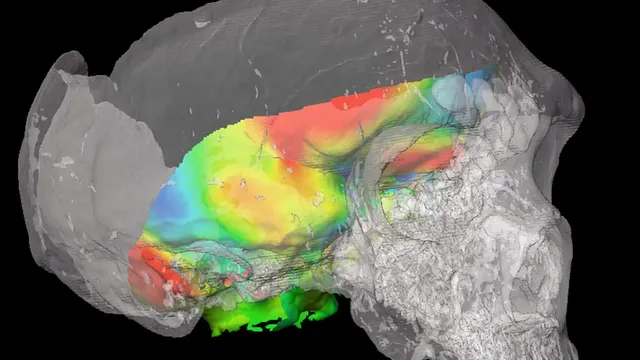The rate at which our bodies and brains age varies greatly from person to person. A new study from Stanford University shows that people with biologically “older” brains have a 182% higher risk of death over a 15-year period, as well as a tripled risk of dementia.
Scientists have used a blood test based on protein biomarkers to measure the biological age of organs, including the brain.
Additional research from Duke and Otago universities shows that a simple MRI scan can accurately predict the biological aging of the brain. These findings open the way to a new type of preventive medicine, in which diseases can be predicted and prevented before they occur.
Biological age is different from calendar age and reflects the actual state of organs. Causes of premature aging can include stress, disease, lifestyle and genetics. Stanford research shows that aging organs predict specific diseases – for example, an aging brain increases the risk of Alzheimer’s by more than 12 times.
Scientists hope these “organ clocks” will help with early detection and intervention before the disease begins. | BGNES

 Breaking news
Breaking news
 Europe
Europe
 Bulgaria
Bulgaria







